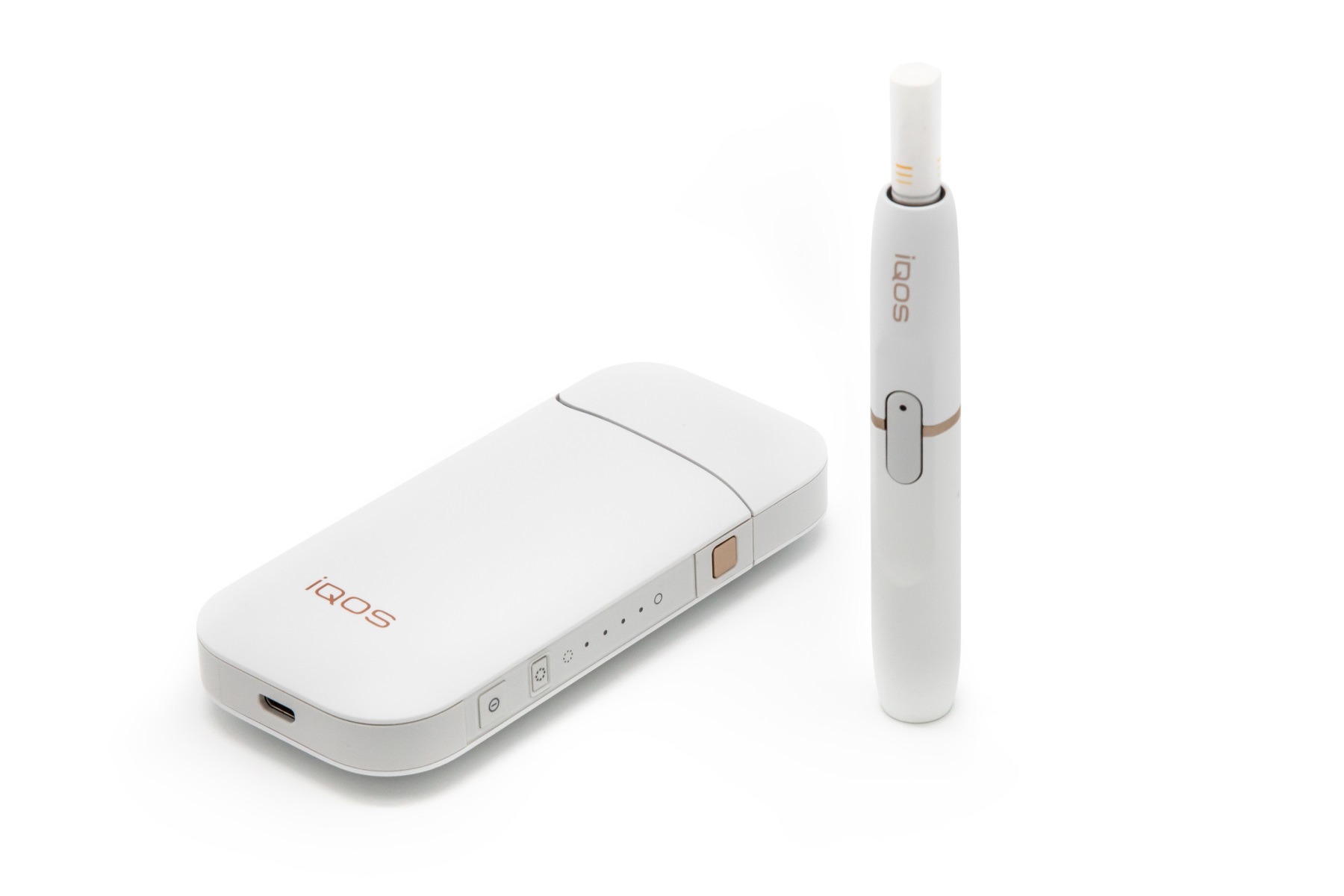A Georgia House panel approved a measure Wednesday that would allow a “modified risk’’ tobacco product to have a tax that’s half of what exists now for cigarettes sold in the state.
The FDA has yet to approve such a product to be sold in the U.S. — or to be marketed as being less harmful.
Nevertheless, a subcommittee of the House Ways and Means Committee, on a 5-2 vote, passed House Bill 877. The main sponsor of the bill, Chad Nimmer, a Blackshear Republican, told the lawmakers that the bill does not seek to lure teenagers into using tobacco products.
Nimmer said he hopes people like his uncle who smoke regular cigarettes can be drawn to a less harmful product.
Georgia already has one of the lowest tobacco taxes in the country, at 37 cents a pack. state Rep. Ron Stephens, R-Savannah, the chairman of the subcommittee, voted against the bill, noting that other Southeastern states have higher cigarette levies.
The average state tax is $1.72 per pack, according to the American Lung Association.
The tobacco legislation is opposed by anti-smoking groups. June Deen of the Lung Association told the panel Wednesday that her organization believes taxes should be equal for all tobacco products.
Lowering the tax would increase the number of people, especially children, buying tobacco products and directly increase the number of people who will get cancer, says the American Cancer Society’s Cancer Action Network.
“If you want to keep kids away from tobacco products, an increase in the tobacco tax is the right way to do it,” Andy Freeman, a lobbyist for the Cancer Action Network, told GHN after the vote.
“I don’t trust the tobacco companies are telling us the truth’’ about the new products’ health effects, Freeman added.
Last month, a national advisory panel convened by the FDA rejected claims by Philip Morris that a new smokeless cigarette it hopes to market in the U.S. reduces the risk and harm of smoking.
The panel agreed the smokeless cigarette reduces a smoker’s exposure to harmful chemicals but said the company had not proved conclusively that that would result in less harm and disease.
That product, called IQOS, is an electronic penlike device that heats tobacco sticks but does not burn them. It releases nicotine vapor, which the company says is less hazardous than smoke. It is already sold in 30 countries, and is especially popular in Japan, the New York Times reported.
The cigarette has sparked debate about whether IQOS will help or hurt public health.
IQOS represents a significant investment by Philip Morris as smoking in the United States drops to all-time lows, according to the Washington Post. The company spent $3 billion to develop IQOS and other smokeless tobacco products and has begun selling them in other countries.
The FDA is expected to decide on two key questions in coming months: whether IQOS can be sold in the United States, and whether Philip Morris can market it as being less harmful.If the FDA approves those health claims, IQOS would be the first tobacco product to carry the U.S. government’s stamp as a less harmful alternative to cigarettes — a potential marketing coup for Philip Morris, the Post reported.
But the advisory panel’s findings puts a damper on that application. The FDA often follows the panel’s recommendation but does not have to.
“It was a two-edged response, recognition by the panel about the potential of the product but lack of evidence to support the health claims,” said Michael Eriksen, a former Centers for Disease Control and Prevention official and tobacco expert at Georgia State University, according to the Post.
Georgia currently has no excise taxes on the sale of e-cigarettes, which use nicotine but not actual tobacco.
Nimmer said before the vote that “I believe everybody brings fair sentiment to this issue.’’
“I truly believe that people who are going to use are going to use,’’ he added.
The bill now goes to the full House Ways & Means Committee for a vote.
The American Cancer Society says more than 29 percent of cancer deaths in Georgia are directly attributable to smoking.
The adult smoking rate in Georgia is 17.9 percent, slightly higher than last year’s figure, and above the national average of 16.4 percent. The high school smoking rate is 10.8 percent, also above the national mark.
Tobacco causes more than 11,600 deaths in Georgia annually, and its direct health care costs in the state amount to more than $3 billion a year, the report said.
“If this bill passes, and the FDA creates a new class of products, then we have given a nice tax cut to Big Tobacco and reduced state revenues,’’ Deen told GHN.
Andy Miller is editor and CEO of Georgia Health News










